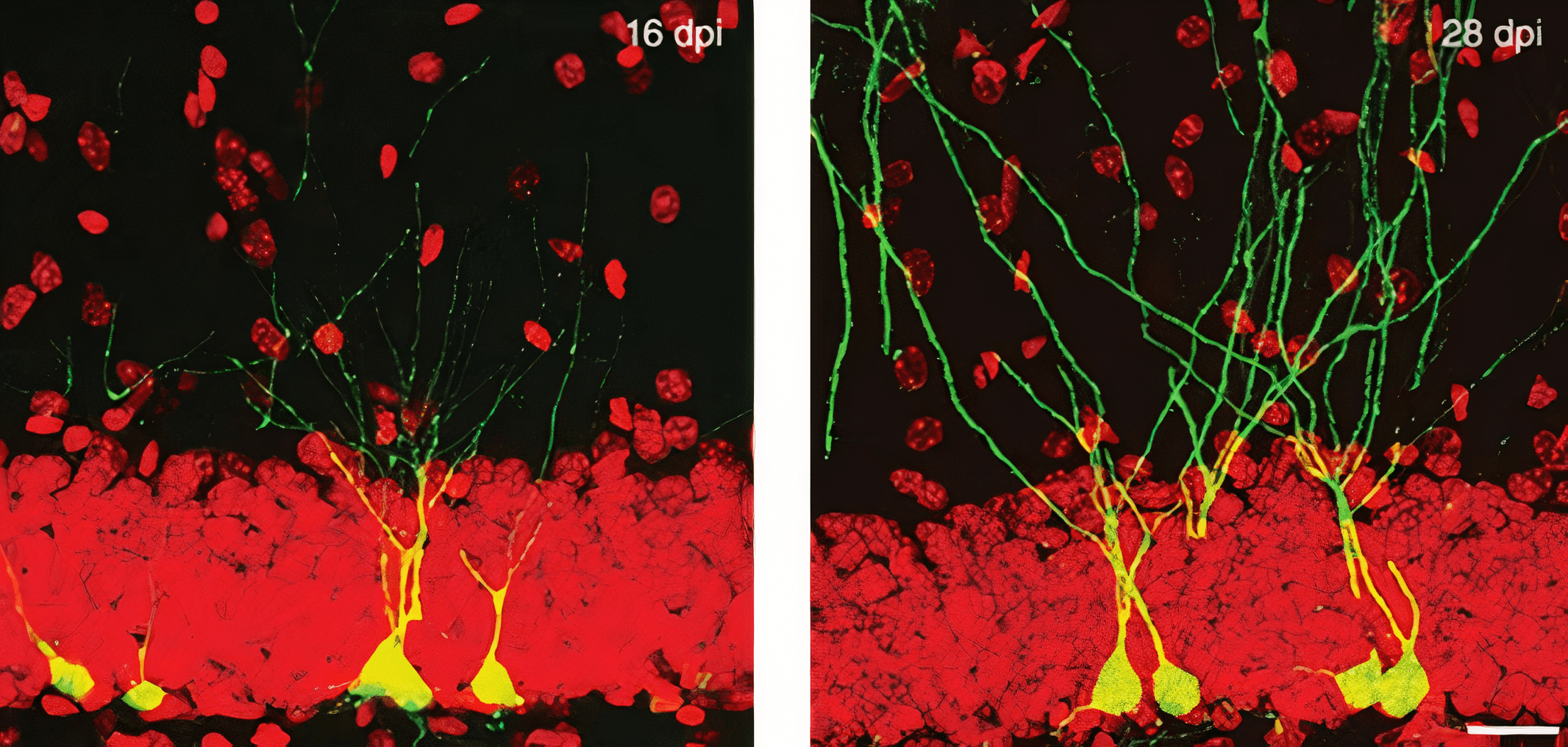Researchers at the Netherlands Institute for Neuroscience (NIN) have made an interesting discovery that could be used to help counteract the effects of Alzheimer’s disease – and in particular, memory loss.
There are currently no effective strategies to prevent, slow down or cure Alzheimer’s disease known to medical science. A central characteristic of Alzheimer’s is memory loss, which is caused by the decline and death of nervous system cells in certain parts of the brain. Recent scientific investigations determined that the production of nervous system cells (or neurons) continues throughout adult life. While the production of neurons has been found to decrease significantly in the brains of people suffering from Alzheimer’s, research has also found some instances of higher production of these cells in Alzheimer’s patients, which has been linked to superior mental performance before these individuals die.
Researchers at the NIN suspected that this was evidence of sustained neuron production giving the brain a ‘reserve’ of mental ability that could counteract memory loss. Taking this as their starting point, the research team investigated what would happen if they stimulated the production of neurons, and whether this could prevent or overcome dementia in Alzheimer’s patients.
They focused on a molecule of RNA (a substance found in living cells that links the functioning of DNA and proteins) called microRNA-132 and whether it can be used to regulate the production of neurons in the brains of both healthy people and those with Alzheimer’s. (A MicroRNA is an RNA molecule that regulates gene expression – the process by which the information in DNA is used by a cell to create a functional molecule that it needs.) Conducting experiments with mice and human stem cells, they concluded that this molecule is crucial to the production of neurons in the hippocampus, the region of the brain where memories form: reducing levels of the RNA molecule slowed down the creation of new neurons, while raising its level can overcome deficits in production – and this, in turn, counteracts memory loss.
The research hints at the potential benefits of finding ways to stimulate neuron production in the brain and in turn, counteracting dementia caused by Alzheimer’s disease. The team is now focused on assessing the safety of using the RNA molecule in treating this debilitating illness.














Leave a Reply
You must be logged in to post a comment.